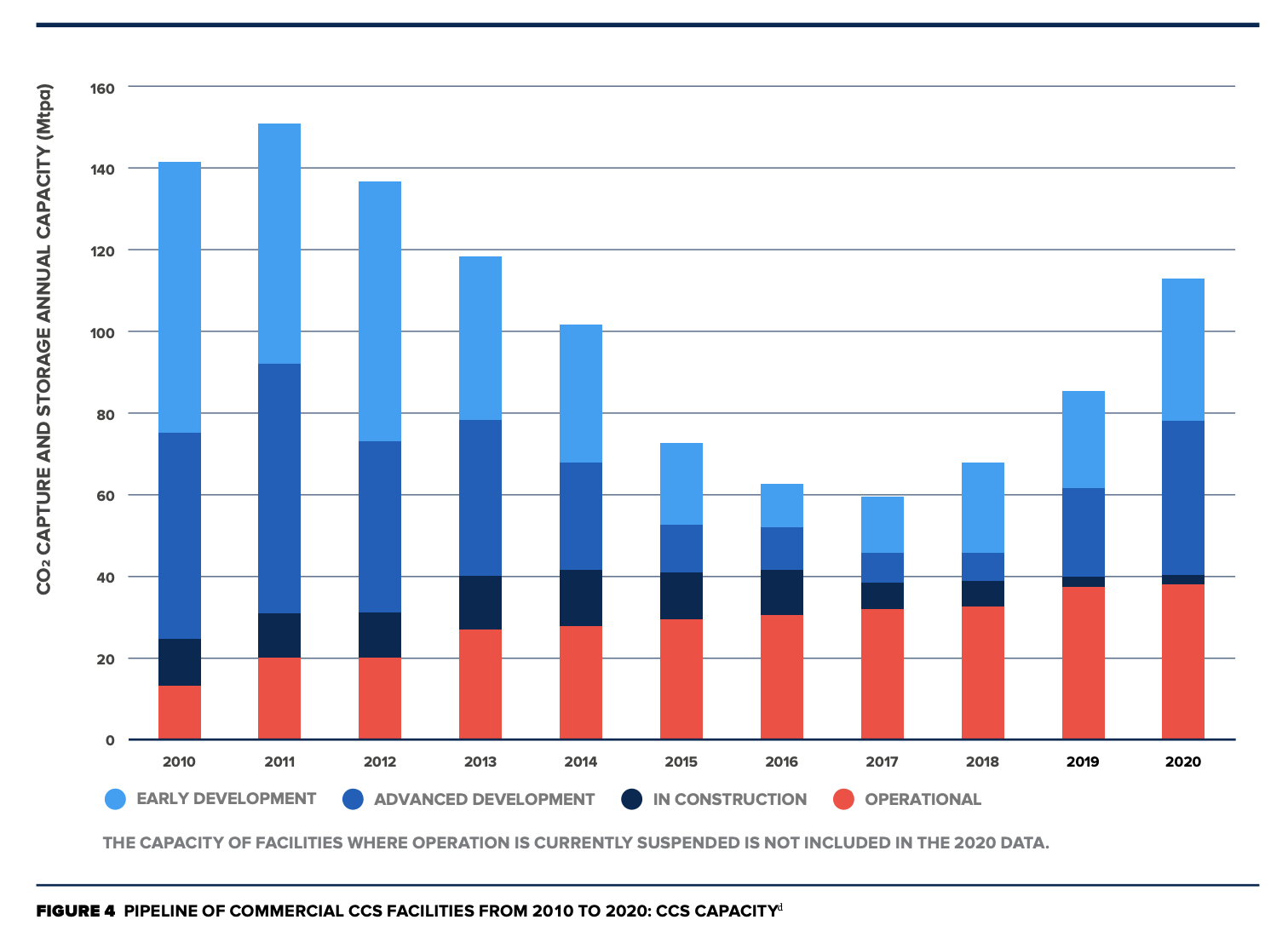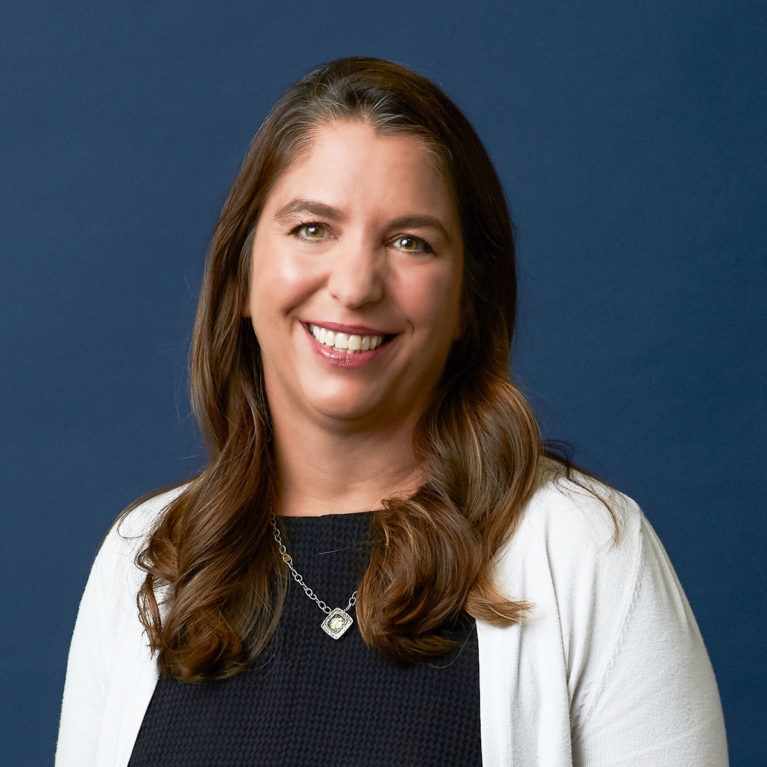Calculated risks: XMNR alumna Patricia Loria on changing careers from insurance to CO2 capture
March 2, 2021

By Alec Masella
Patricia Loria had a successful career in the corporate insurance industry when she first came into contact with the work of environmental NGOs and the extent of their impact. “I had a career that spanned the insurance and financial services industries and non-profits,” she says. “Working in finance and marketing, the skills I had were transferable across many industries, but when I had an opportunity to shift careers I wanted to ‘give back.’ Working with the Mines Advisory Group especially, I started doing a lot of work that made me proud. That particular NGO assists communities affected by unexploded landmines, and refugees returning home to a different world than the one they had left. I wanted to keep addressing problems that certain communities weren’t able to tackle on their own.”
From here, Patricia’s focus widened to other stressors for refugees that would soon affect communities on a global scale—climate change. Patricia decided to make a pivot in her career to contribute to environmental solutions full-time. This motivation led her to Virginia Tech’s Center for Leadership in Global Sustainability (CLiGS) and the Executive Master of Natural Resources (XMNR) program, where she was able to hone her corporate strategy skills as well as gain new skills in sustainability management.
“I already had an MBA and years of private sector experience, so fortunately I had insight into how business works,” she says. “Say I work at an oil and gas company, and I want to change the business model to focus on environmental concerns. This change is not simple. You need to consider all stakeholders in environmentally-focused efforts, from investors to customers to staff. But there is always going to be a way to implement sustainability practices, and that was what the XMNR taught me through course projects, class discussions, and networking.”
The program provided Patricia with an opportunity to practice real-world applications of sustainability solutions, which she was able to leverage in interviews during her job search in the greater sustainability industry. She also found this practical coursework useful when she began her position at the Global Carbon Capture and Storage Institute (GCCSI). Her recent XMNR assignments helped her to get up to speed on the Institute’s content much faster.

Patricia explains, “GCCSI is a think tank based in Australia. We advocate for emerging technologies that can capture and store CO2, either produced from a facility or that resides in the atmosphere, to mitigate catastrophic climate change. Our members include governmental and private organizations as well as technology companies and eNGOs. We work together to educate on the importance of these technologies to decarbonization pathways for power generation, industrial emissions, and transportation emissions. Our membership includes companies such as BP, Shell, ExxonMobil, Southern Company, Heidelberg Cement, and General Electric.”
Using her knowledge in public–private partnerships learned throughout the program, Patricia’s work includes creating collaboration between governmental entities and private companies on shared objectives to promote carbon capture technologies. These technologies collect post-combustion contents, filter out the carbon dioxide, compress it, and use it for products, or, more likely, sequester it permanently in the ground.
“There are already several established uses for this stored CO2,” Patricia elaborates. “The food industry, for instance, needs CO2 to carbonate beverages; but ultimately that CO2 is released back into the atmosphere when you drink the beverage. CO2 can also be infused into concrete to make it stronger, or used to create sustainable jet fuel. But we need to store 5.6 gigatonnes per year by 2050 to stay below 1.5 degrees global warming. Therefore, it will need to be permanently sequestered.”
Patricia’s story shows that sustainability leadership is possible at any point in a career. It can also take many forms. While many environmentalists focus on conservation for pre-existing habitats and communities, Patricia’s role in global sustainability looks ahead at how technology continuously shapes the world, and how all types of technology are needed to meet the challenge of addressing climate change.



